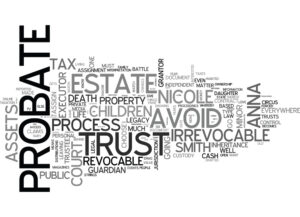What Does It Mean to Be a Good Executor of an Estate?
June 23, 2021
Many people were prompted to write or update their wills in response to the Covid-19 pandemic, which is an important step in the estate planning process. All people will one day be asked to put those wills into effect. Those important people are known as executors or personal representatives. 
These are the friends or relatives designated in a will as the final administrator of the deceased party’s estate. If you have already agreed to serve as someone’s executor, you most likely know the outlines of the various tasks that you’ll need to accomplish, including inventorying assets, closing out accounts, paying taxes, and distributing bequests.
Even when it’s relatively simple and the person in question has done all the necessary estate planning, the paperwork can be overwhelming. But this situation can become much more complicated if someone like a widow passes away and there are many assets or children involved. Being an executor is not a simple job so the tasks that you need to keep in mind in order to stay ahead of all of these responsibilities include:
- Talking it over in advance with a person who has named you as an executor of their will.
- Beginning the paperwork process by taking the death certificate to the probate court.
- Safeguarding property, such as a person’s real estate, having the locks changed and properly secured.
- Creating a system of organization.
- Retaining a probate attorney.
- Preparing yourself for the possibility of conflicts.
- Carefully distributing personal items only after all other responsibilities, such as liabilities, taxes and creditors have been addressed.
Do you need help deciding who to appoint as the executor of your estate? Set aside time to place a call to a New Jersey estate planning attorney now to learn more.




